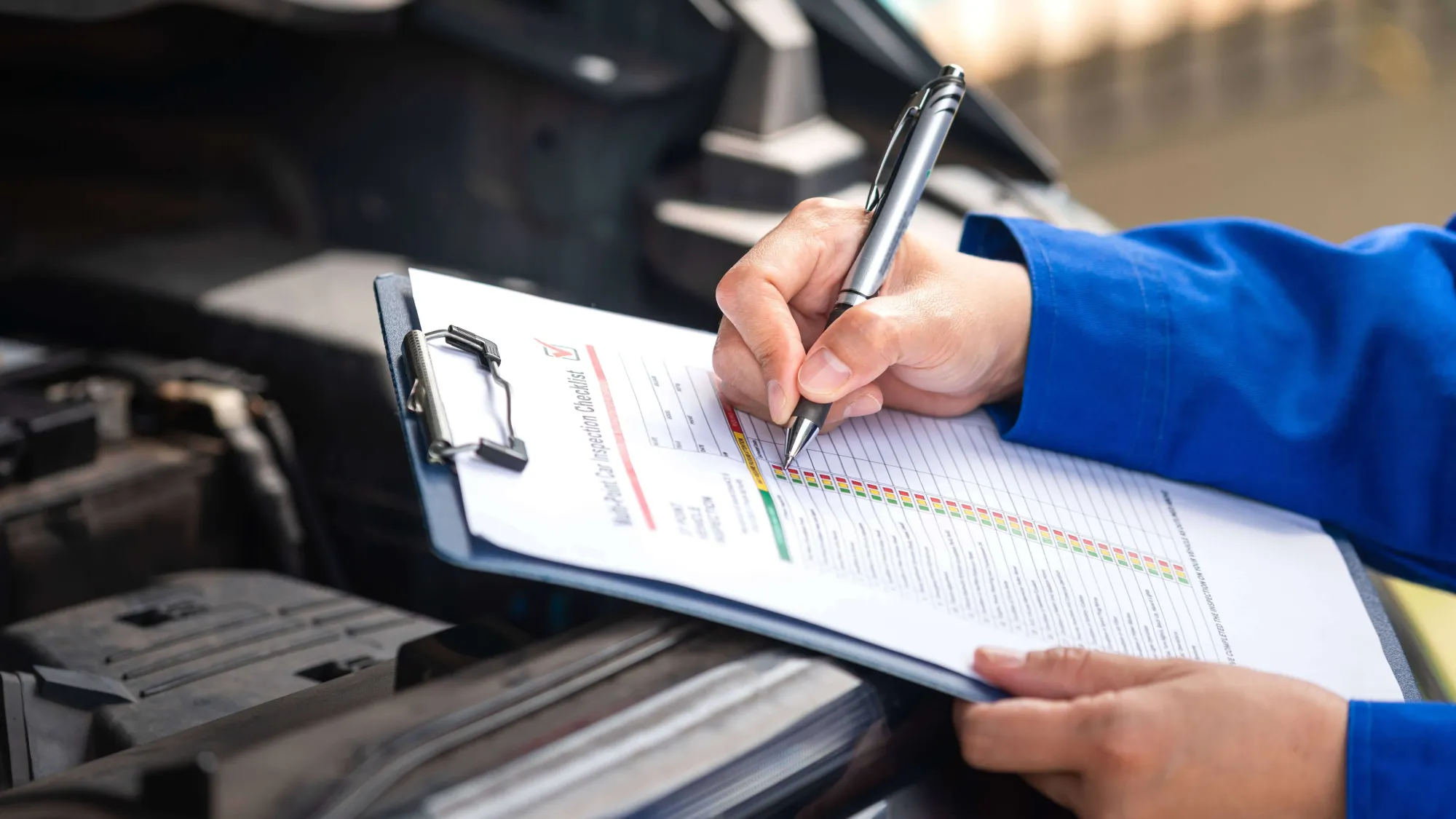Although they have similar names, these certificates are not the same and are used for very different processes.
Now that vehicle camperisation is so popular, it is necessary to explain whether, once the modification has been carried out, a Conformity Report is required, what it is for and whether the Certificate of Conformity (COC) is still valid.
Below, we explain the differences between them.
What is the Declaration of Compliance report?
The declaration of compliance, also called the compliance report, is a document that certifies that the modifications made to a registered vehicle comply with European safety and type-approval regulations.
These alterations may be changes to mechanical components or changes to the design, adding aesthetic parts that modify the original composition of the vehicle.
For example, if you have purchased a van and are adding a bed, storage system, kitchen, wiring, etc., you will need this certificate.
This report details the technical characteristics of the vehicle after a conversion and is signed by an accredited engineer, who must carry out a thorough inspection.
It is essential for your vehicle to be approved and to pass the technical inspection, which you must carry out once the conversion is complete. This will allow you to drive without any legal problems.
Differences between the Declaration of Compliance and the Certificate of Conformity
Unlike the declaration of compliance, which is issued by an engineer, the Certificate of Conformity is a document issued by the vehicle manufacturer that guarantees that the vehicle has been manufactured in accordance with European safety and emissions regulations.
When do you need a Declaration of Compliance?
- To approve modifications to your vehicle, if you make changes that alter the original technical characteristics of already registered vehicles. For example: engine replacement, bodywork changes, adding or removing seats, adding furniture, installing tow bars, etc.
- To import vehicles that do not have a European type-approval number. These vehicles may be those that have been manufactured outside the EU, in accordance with regulations other than those of the EU, and which must be type-approved in order to legalise their use in the EU.
When do you need a Certificate of Conformity?
- To export or import vehicles within the EU that already have a European type-approval number. If they have been manufactured in Europe, they will already have one.
- For the registration of vehicles within the EU and countries such as the United Kingdom, Switzerland, Norway, Iceland or Liechtenstein.
- If you have bought a second-hand car abroad and wish to register it in your country.
- If you are moving to another country and want to take your own vehicle with you.
- When it is required by the authorities to obtain more specific technical information about the vehicle.
Frequently Asked Questions
We answer the most frequently asked questions about the differences between the Declaration of Compliance and the Certificate of Conformity.
Is the Declaration of Compliance mandatory?
Yes, according to European regulations, all vehicle modifications must be approved and undergo a technical inspection.
Is the COC Certificate mandatory?
Yes, it is mandatory in cases of import, export and registration of vehicles within the EU and associated countries.
Can the Declaration of Compliance replace the Certificate of Conformity?
No, they cannot replace each other as each document is used in different situations and does not contain the same information.
Helpful Resources:
